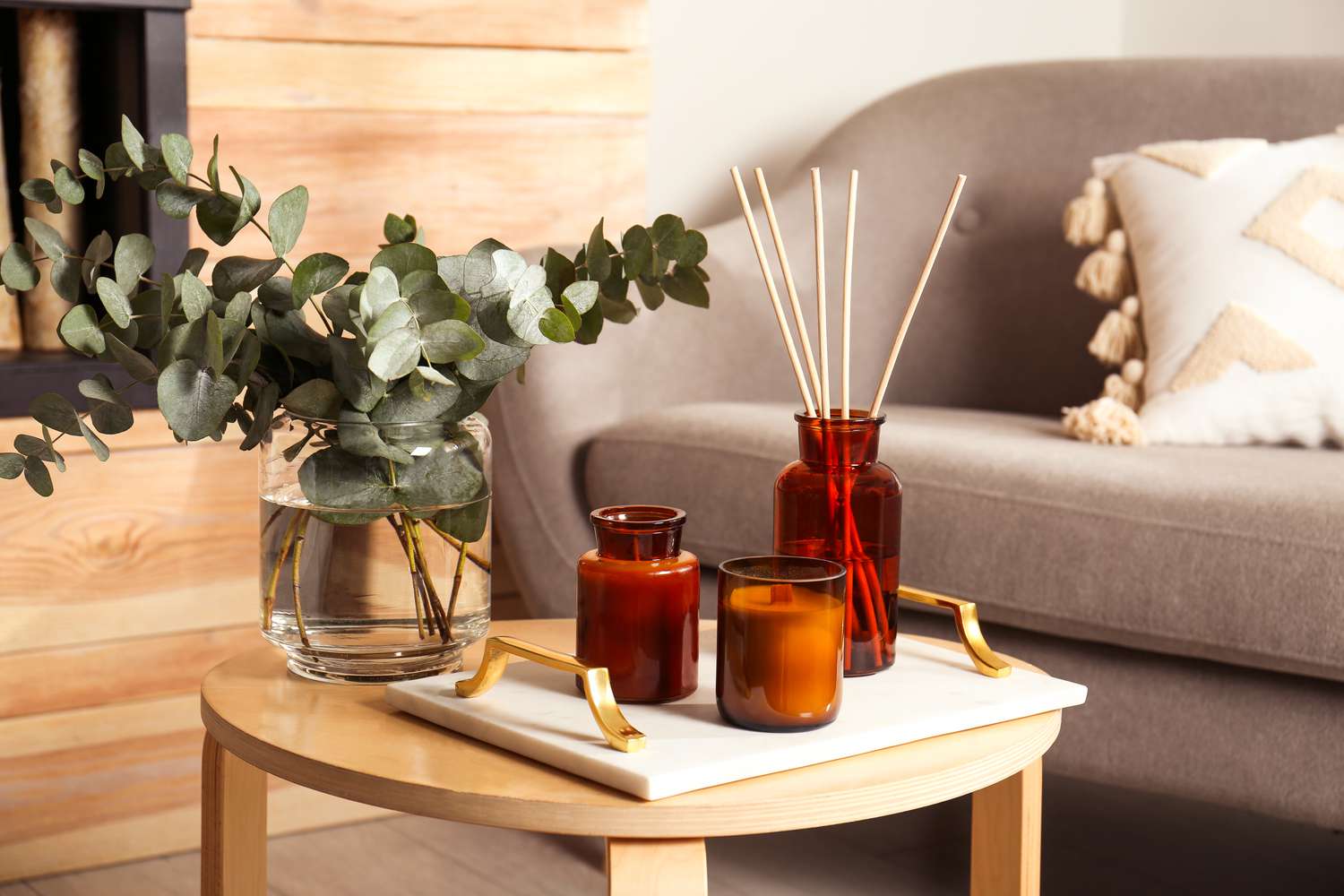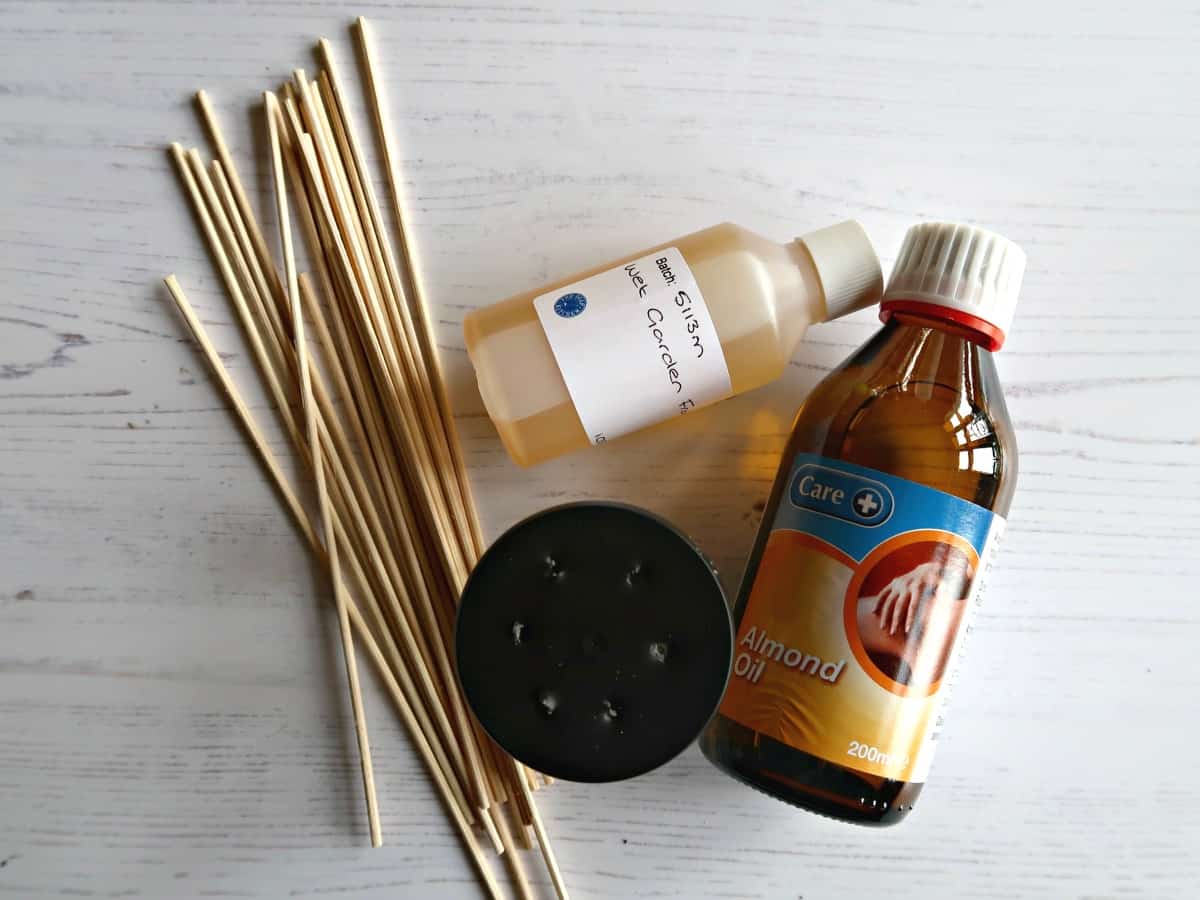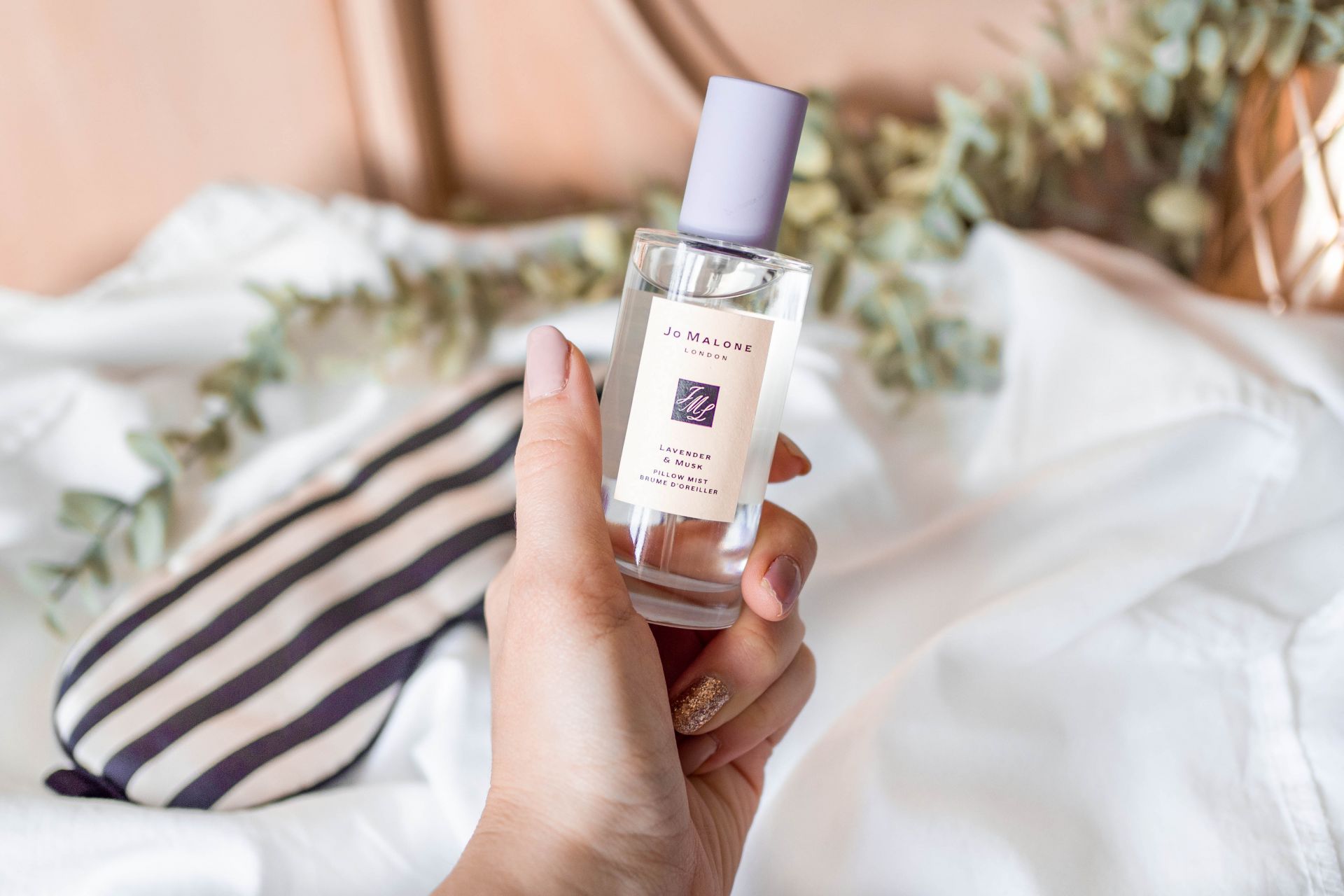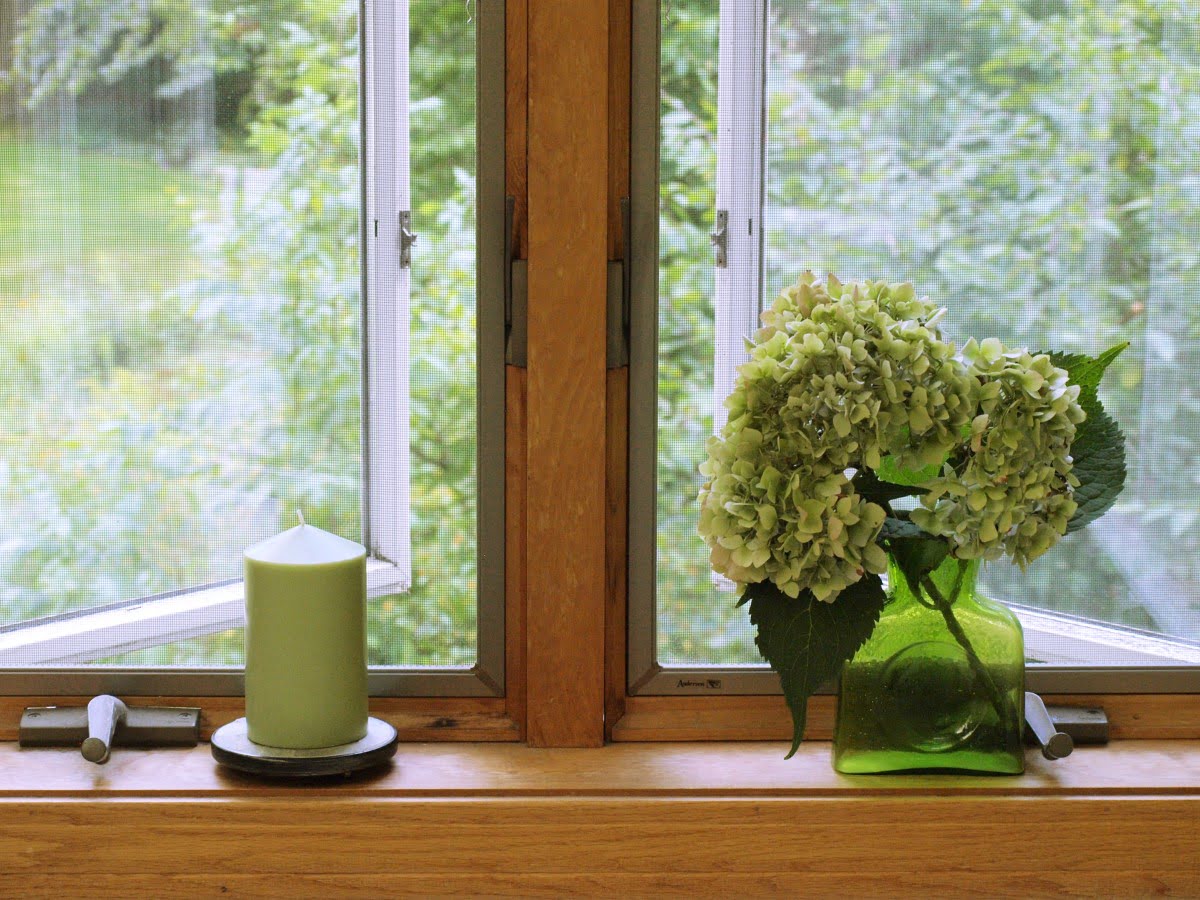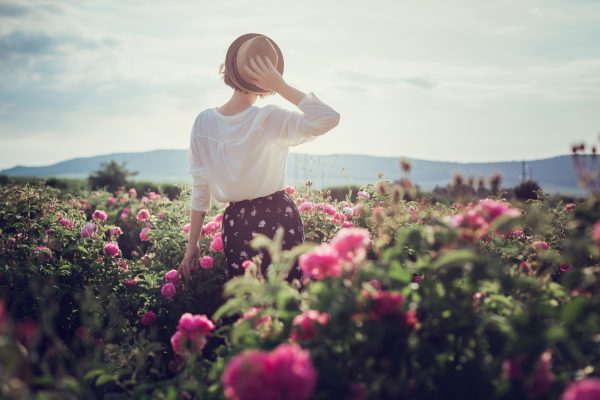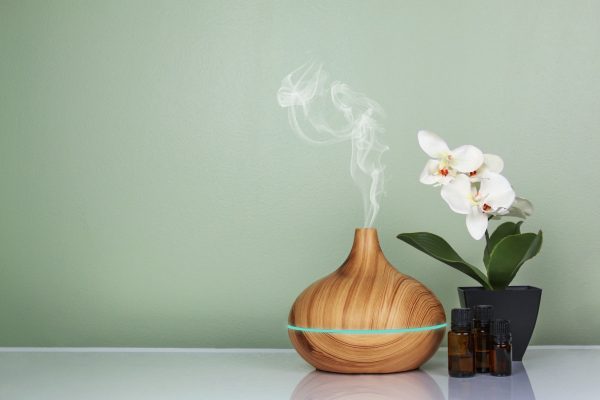Home> Essential Oils
Essential Oils: Unlock the Power of Nature's Best Kept Secret
Explore the magical world of essential oils! Discover their myriad health benefits, uses and how to incorporate them into your daily routine. Unleash nature’s power!
20 Fragrant Roses To Create A Natural Perfume Garden
By: Isabella Mitchell • Garden Plants
5 Great DIY Natural Air Freshener For A Refreshing Feel
By: Noah Bennett • Best Storage Bins: Your Ultimate Guide
